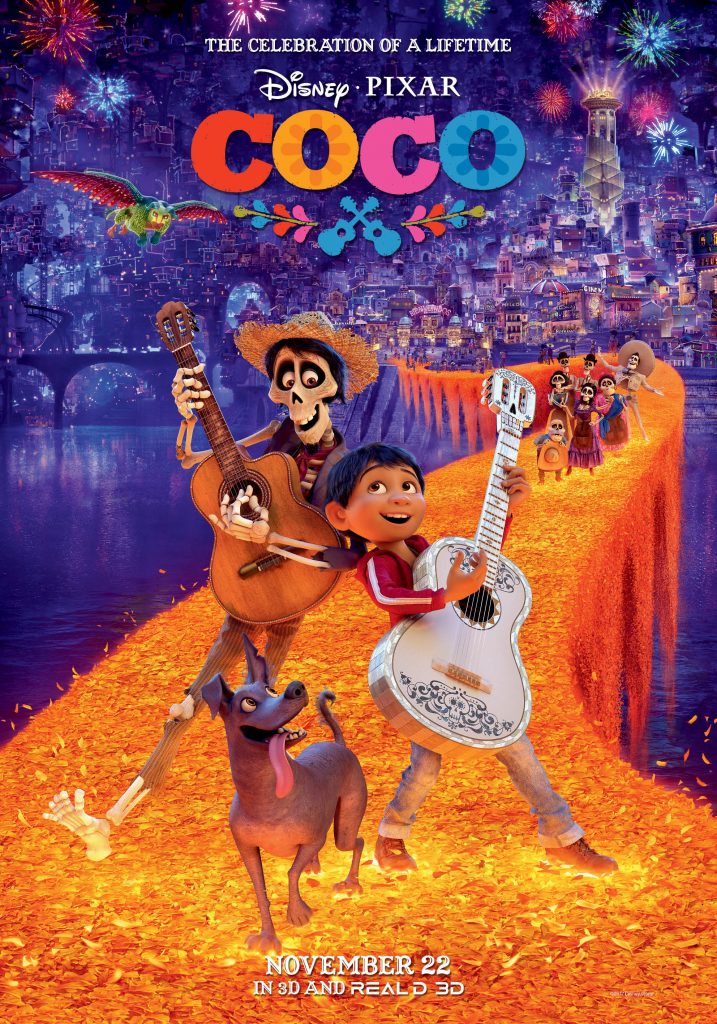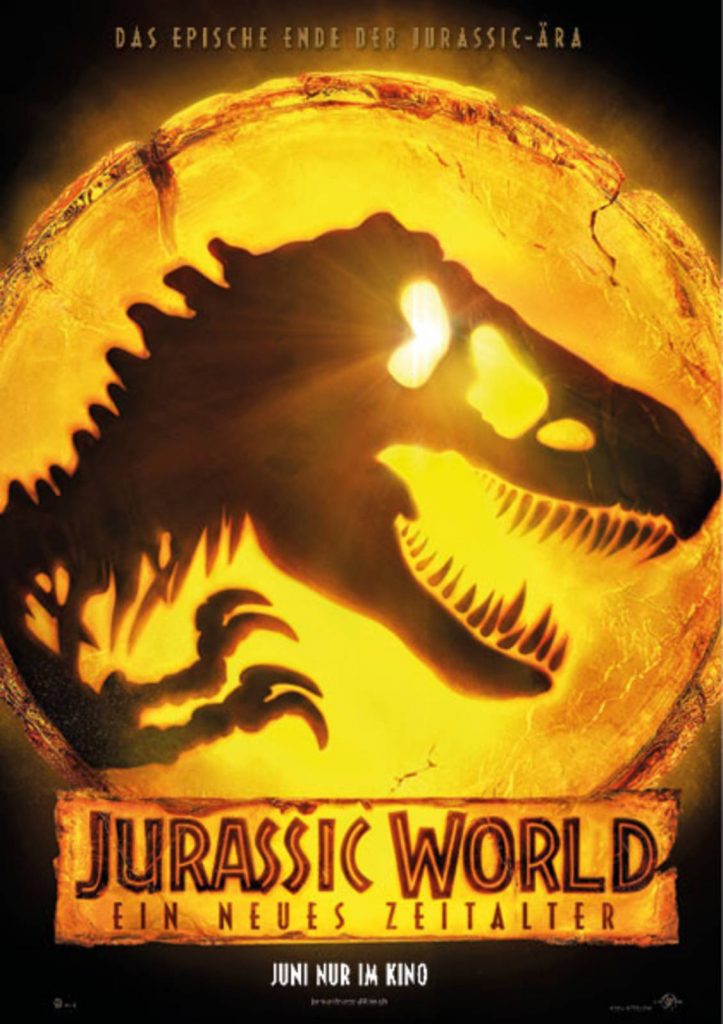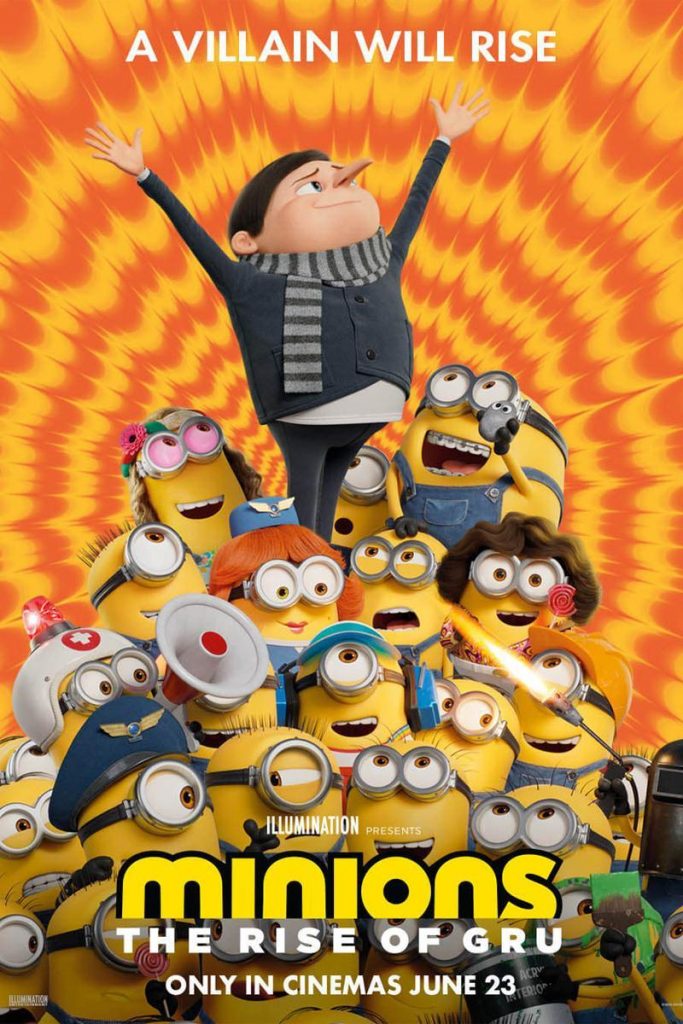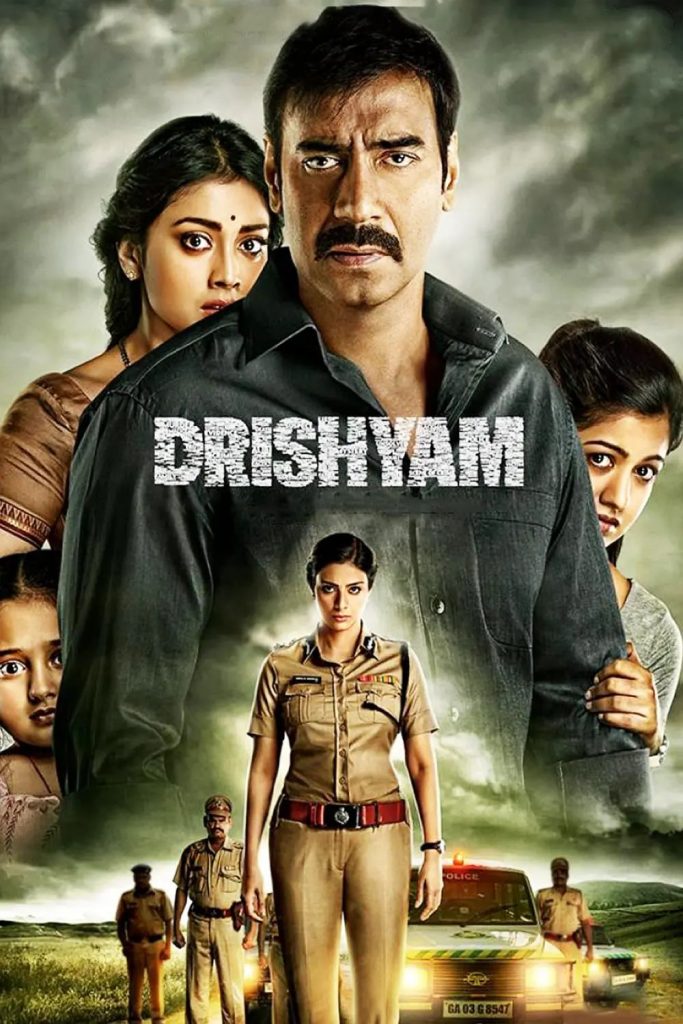In 2013, American Hustle, directed by American director Russell, was released. The film was nominated for ten Oscars and won the Golden Globe for Best Picture in the Comedy and Music category that same year, and received high acclaim and praise.
The plot of American Hustle takes place by chance when Evan meets a sexy woman and strikes up a conversation, and it’s love at first sight. But what he doesn’t realise is that Evan is a con man and has encouraged his girlfriend to join his team.
What should have been a tense crime thriller becomes an absurdly spoofed satirical comedy. This is also in the usual style of David O’Russell. The focus of the film is not the case, but some rare and interesting characters. It’s still a film with a cult cast, and everyone gets to act crazy. The scruffy Bale, the sexy Amy Adams and Jennifer Lawrence, who steals the show throughout.
These days, Oscar films are becoming more and more homogeneous, with almost all of them being adaptations of social events and news characters, combined with neat narratives, technical skills, pseudo-sensationalism, and a magnificent cast.
In short, it’s a pandering face, tailor-made for the Oscars. But, admittedly, they are all good, humanistic productions, but the chances of a classic are low.
The director’s style
The film continues the neuro-comic path of Happy Threads, this time with Scorsese, and even De Niro is brought in to be a good guy again. A song and dance homage to Lowlife, this time with a song and dance homage to Happiness Line and not forgetting another Lowlife style trunk shot.
Newcomer Renner looks distinctly underwhelmed in front of the rest of the four, while several of Russell’s veterans, while all subversive, almost all make the performances slaves to the look.
Unlike the usual con films that rely on big reveals to earn critical acclaim, American Hustle has little in the way of suspense or secrets, relying entirely on a brilliant, almost psychedelic period atmosphere and tense, hilarious group scenes. It’s not the usual sophisticated or hippie seventies either, but an almost vulgar and neurotic one, but the toughness and persistence of each character is so strong that it’s not easy to have such a large group of people with their personalities and emotions intact, all of them both annoying and endearing.
It’s just a big party where the actors compete to see who’s better than the other. Of course, Russell’s style is already like that, and the retro-joke is good enough for entertainment, but in the end it’s just superficial fun.













